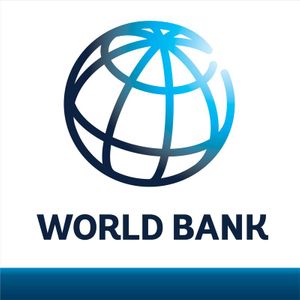AFRONOMICS: Analyzing Inequality in Africa
World Bank Podcasts - Ein Podcast von Listen to the latest news

Kategorien:
Discussions on Sub-Saharan Africa often center on extreme poverty: the subcontinent is home to half of the world’s extreme poor, and the number of people living in extreme poverty in Sub-Saharan Africa keeps going up even though the rates of extreme poverty have declined. At the same time, on a continent as economically diverse as Sub-Saharan Africa, the issue of inequality cannot be ignored. Eight of the ten most unequal countries in the world, when looking at the Gini coefficient, are in Sub-Saharan Africa, and gaps persist when digging deeper into wage inequality, inequality of opportunity, and other areas where the playing field is far from level. There are no easy answers to reducing inequality, but several countries have taken positive steps to make their societies and economies more equitable. In this episode of Afronomics, Albert welcomes Haroon Bhorat, Professor of Economics and Director of the Development Policy Research Unit at the University of Cape Town in South Africa, and a Non-resident Senior Fellow at the Brookings Institution in the Global Economy and Development Program and the Africa Growth Initiative. His research focuses on labor economics, poverty, and income distribution, and this episode of Afronomics takes a closer look at his recent work on wage inequality in South Africa as part of the broader discussion on inequality in Africa.
